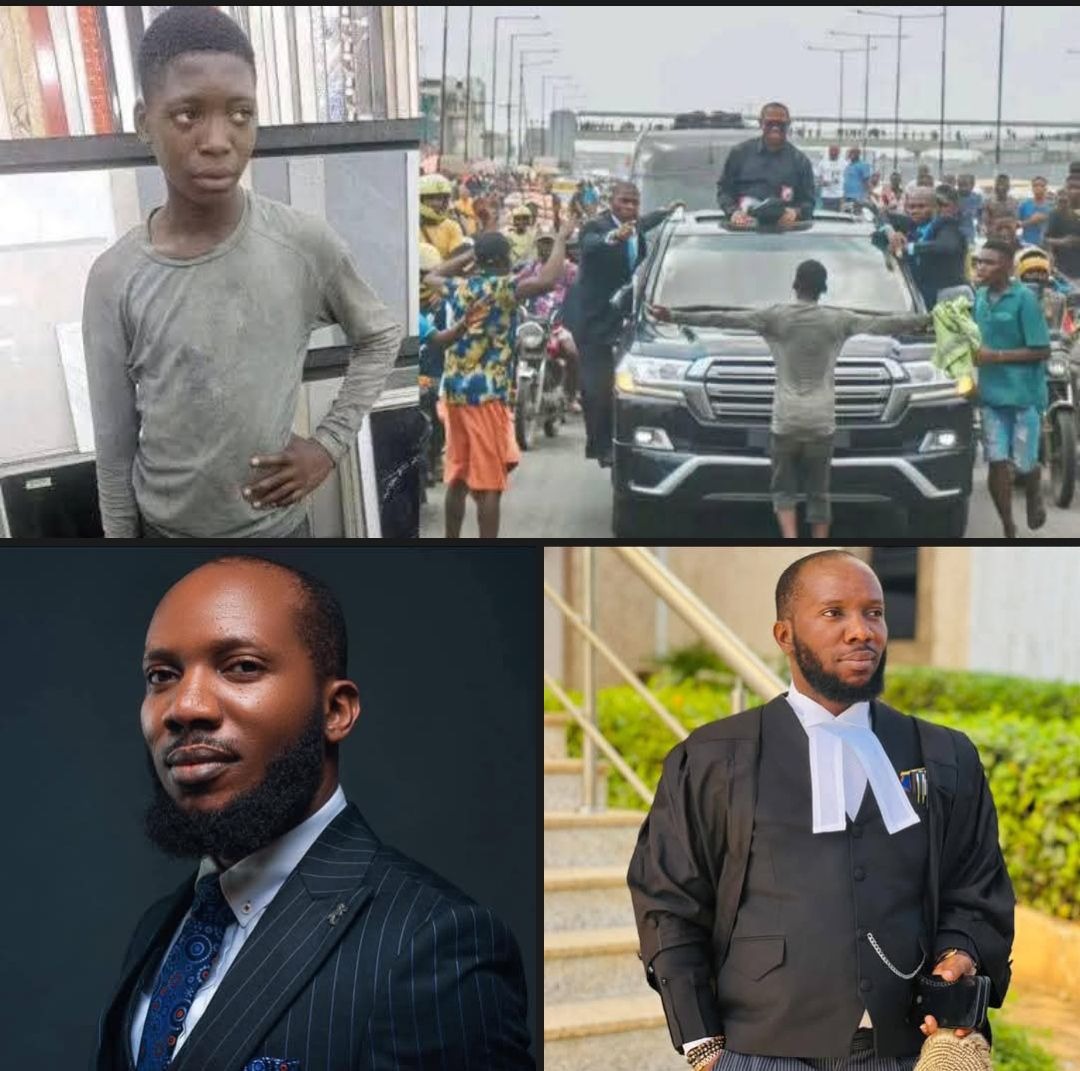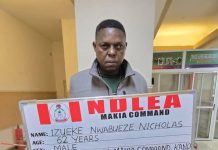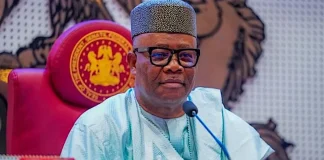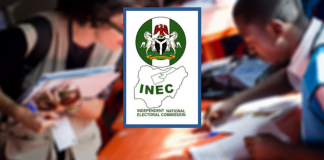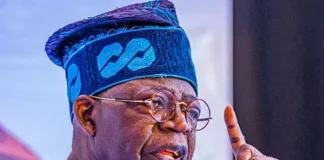🌿 Ruzu Non-Alcoholic Herbal Bitters
Ruzu Non-Alcoholic Herbal Bitters is a natural health supplement specially formulated to:
- ✅ Promote general wellness
- ✅ Detoxify the body
- ✅ Support the treatment of various ailments
Made from a powerful blend of 100% organic and medicinal herbs, Ruzu is completely alcohol-free, making it ideal for:
- 👪 All age groups
- 🌱 Health-conscious individuals
- 🌿 Anyone seeking non-alcoholic herbal remedies
Whether you're looking to boost your vitality, cleanse your system, or support healing the natural way, Ruzu Bitters offers a trusted herbal solution.
In the bustling, unforgiving streets of Lagos, 2023 was just another year for thousands of young boys like Alabi Quadri. He was a teenager with dreams, fears, and a flickering hope that maybe, just maybe, Nigeria could be better. Then one afternoon, his simple act of faith turned into a national moment — one that would tragically alter the course of his young life.
It happened when Peter Obi’s presidential campaign convoy passed through his neighborhood. Many saw Peter Obi as a symbol of a new Nigeria, a break from the past, a figure of accountability and change. Alabi, swept up in the wave of optimism, did something pure — he stood in front of the convoy, arms outstretched, smiling. He wasn’t protesting. He wasn’t begging. He was celebrating. In that moment, he represented millions of young Nigerians yearning for a better tomorrow. The image of his open arms and sincere smile spread like wildfire on social media. People were moved. Many sent him small gifts — not of luxury, but of love.
But in Nigeria’s underbelly, even moments of beauty can turn dark. Alabi lived in a part of Lagos where the law of the street often trumps the law of the land. His moment of viral fame stirred the wrong attention. Envy crept in. Area boys — local toughs who view any form of success as communal property — came knocking. “Where’s our cut?” they demanded. “You wan chop alone?”
Alabi didn’t know how to respond. He didn’t even have much to offer. But in a place where desperation rules, even crumbs can appear as feasts. The threats came swiftly and cruelly. And in January 2025, they were acted upon.
While returning home from his menial job, Alabi was abducted — not by strangers, but by the same people who once smiled at him. They took him to the police, not to report a crime, but to commit one — against him. They framed him, accusing him of armed robbery. The police, without a shred of thorough investigation, clamped down. He was thrown into a case with four adult strangers — men he had never seen before. The alleged robbery involved four phones and some cash, totaling just N579,000.
That was enough to charge a child with armed robbery. That was enough to throw a teenage boy into Kirikiri Minimum Security Custodial Centre — a place notorious for housing hardened criminals. A place unfit for any child, let alone an innocent one.
Today, Alabi lives behind prison walls, far removed from the mother who raised him, the streets that shaped him, and the hope that once filled his heart. He eats prison food, prays in the corner of a cell, and waits for justice that always seems just out of reach. He is not even 18.
On April 9, 2025, renowned human rights lawyer Inibehe Effiong visited the court handling Alabi’s case. Alongside Alabi’s grieving mother, some relatives, and an activist, they journeyed to the prison. What they found was not a criminal — but a boy. Weary, yes, but not broken. Soft-spoken, yet still holding on to a faint belief in the kindness of strangers and the power of justice.
After spending time with him, Barrister Effiong declared: “He’s clearly innocent. He’s just a boy. A victim of envy, of a broken police system, of silence.”
Despite appearing in court three times, Alabi’s case has been adjourned over and over. He continues to await legal advice from the Lagos State Director of Public Prosecutions. But how long can a child wait? How long must his mother cry at the gates of a prison before someone listens? How long before a system built to protect begins to truly serve?
Alabi Quadri’s story is not just a legal case. It is a moral mirror. It is proof of what happens when systems fail and society remains quiet. His only crime was believing in something better. For standing in front of hope, he was thrown into a nightmare.
This report is a call — to citizens, to leaders, to all who still believe in justice. Let us raise our voices for Alabi. Let us demand that the Lagos State Government act swiftly. Let us call on the judiciary to prioritize his case. And let us remind the world: Alabi is not just another inmate. He is a boy. He is a symbol. He is one of us.

